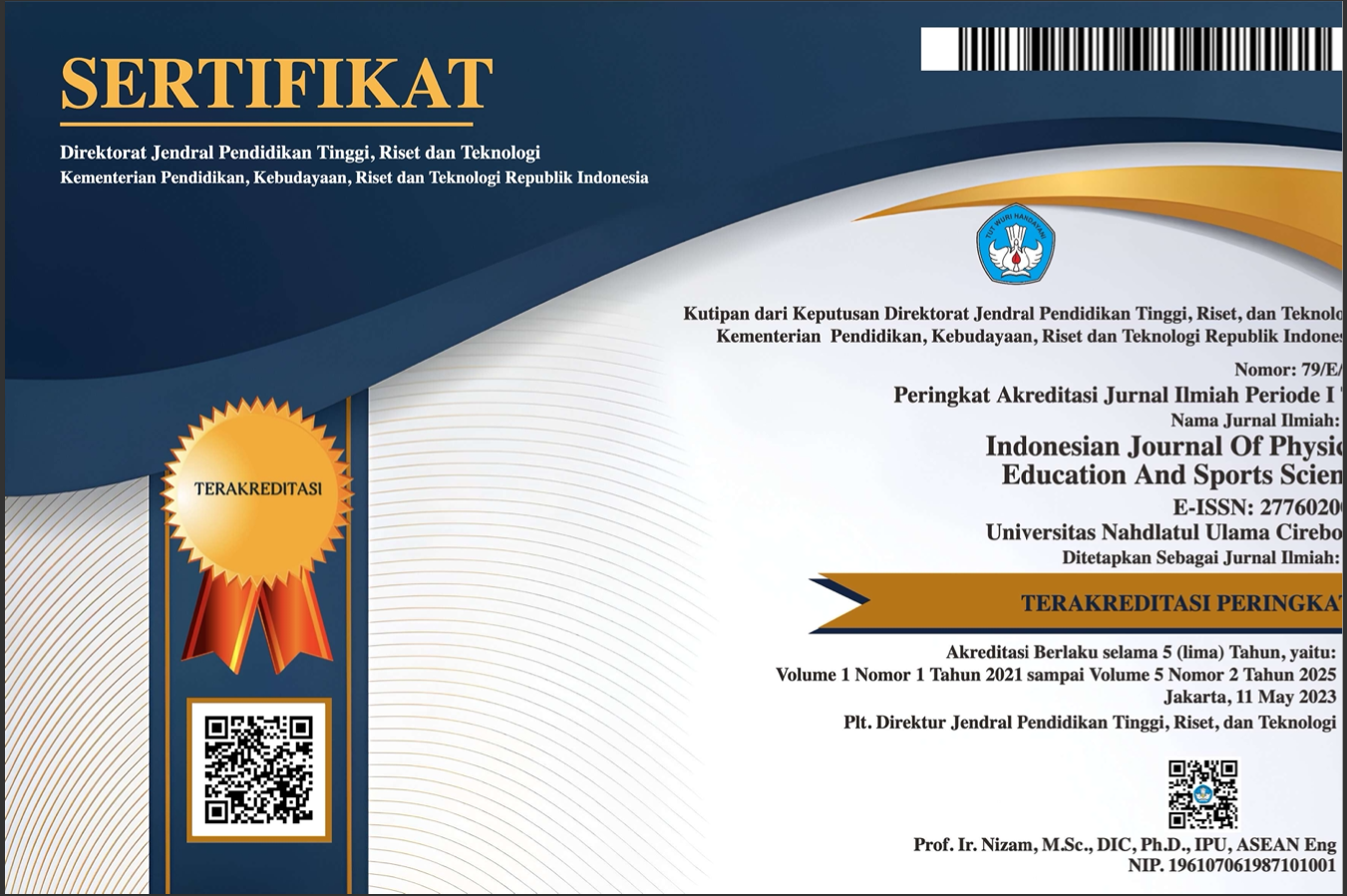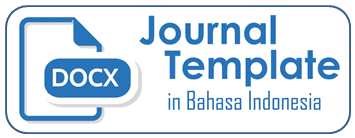Evaluation of the Teaching Competencies of Motor Learning Instructors from the Students’ Perspective
DOI:
https://doi.org/10.52188/ijpess.v5i2.1156Keywords:
Professional Competencies, Motor Learning, College of Basic EducationAbstract
Study Purpose. The aim of the study is to develop a specialized questionnaire to evaluate the professional teaching competencies required of motor learning instructors from the perspective of students at the College of Basic Education – Department of Physical Education and Sports Sciences. It also seeks to identify the responses of the sample, represented by third-year students from both the morning and evening programs, based on their perspectives within the same department.
Material and methods. The study included 224 third-year students, representing 100% of the population in both programs. The sample was divided into three groups: exploratory (24 students), preparatory (100 students), and application (100 students), all selected randomly. A structured questionnaire was developed based on prior studies, covering six domains with 22 items. The tool was reviewed by five motor learning experts, with items approved by over 75% retained. Reliability was confirmed via Cronbach’s alpha, and data were analyzed using SPSS, employing percentage values, chi-square tests, and descriptive statistics.
Results. The findings indicated that most motor learning instructors utilize modern instructional aids, including presentation technology and data show tools, to enhance the learning process. They also focus on positive reinforcement and collaborative activities among students to strengthen relationships and promote engagement. Brainstorming through unexpected questions is also used to stimulate thinking.
Conclusions. The study found that motor learning instructors frequently use modern instructional tools, such as presentation technology and data show aids, to enhance teaching effectiveness. They also apply structured assessments to ensure fair grading and rely on clear theoretical explanations. Allowing students to express their opinions objectively and promoting group work contributed to improved educational outcomes and a more interactive learning environment.
Published
How to Cite
Issue
Section
Copyright (c) 2025 Hanaa Abbas Abdullah

This work is licensed under a Creative Commons Attribution-NonCommercial-ShareAlike 4.0 International License.











